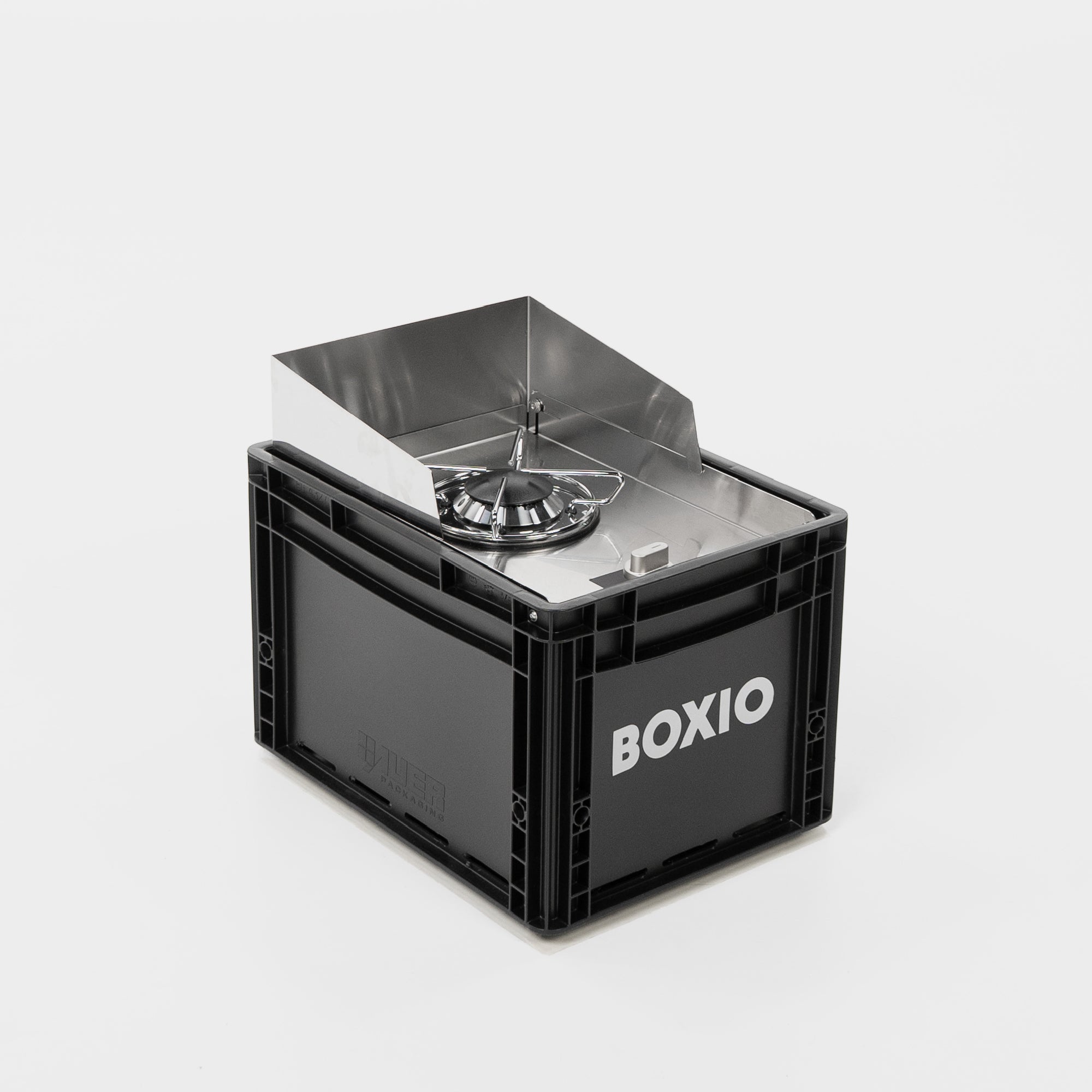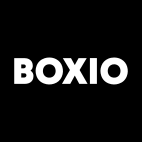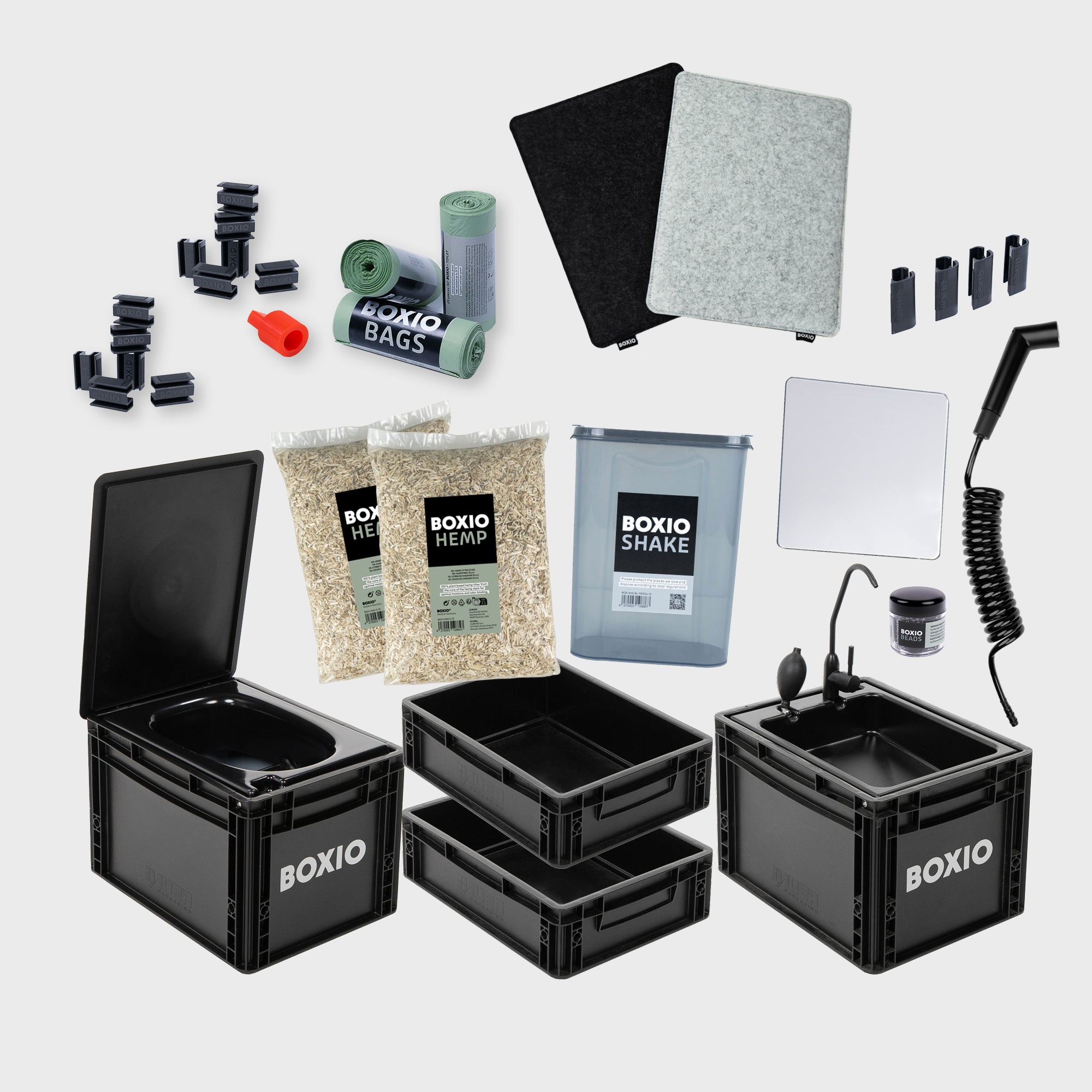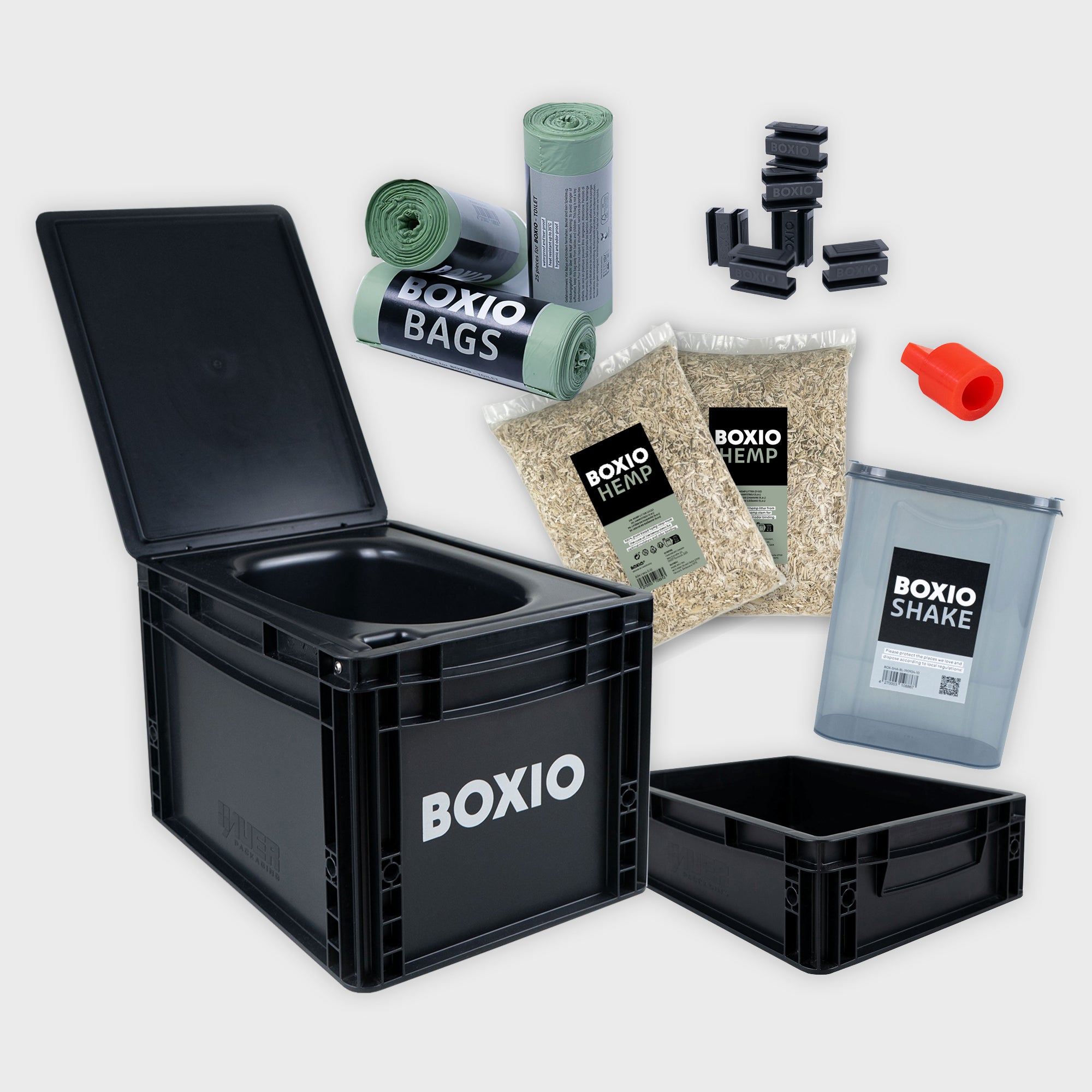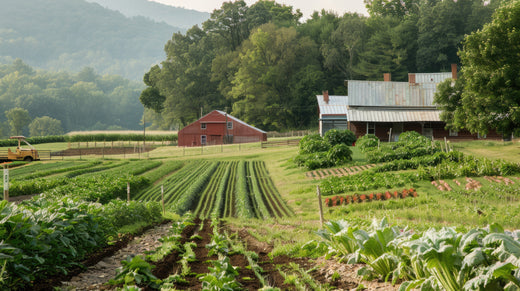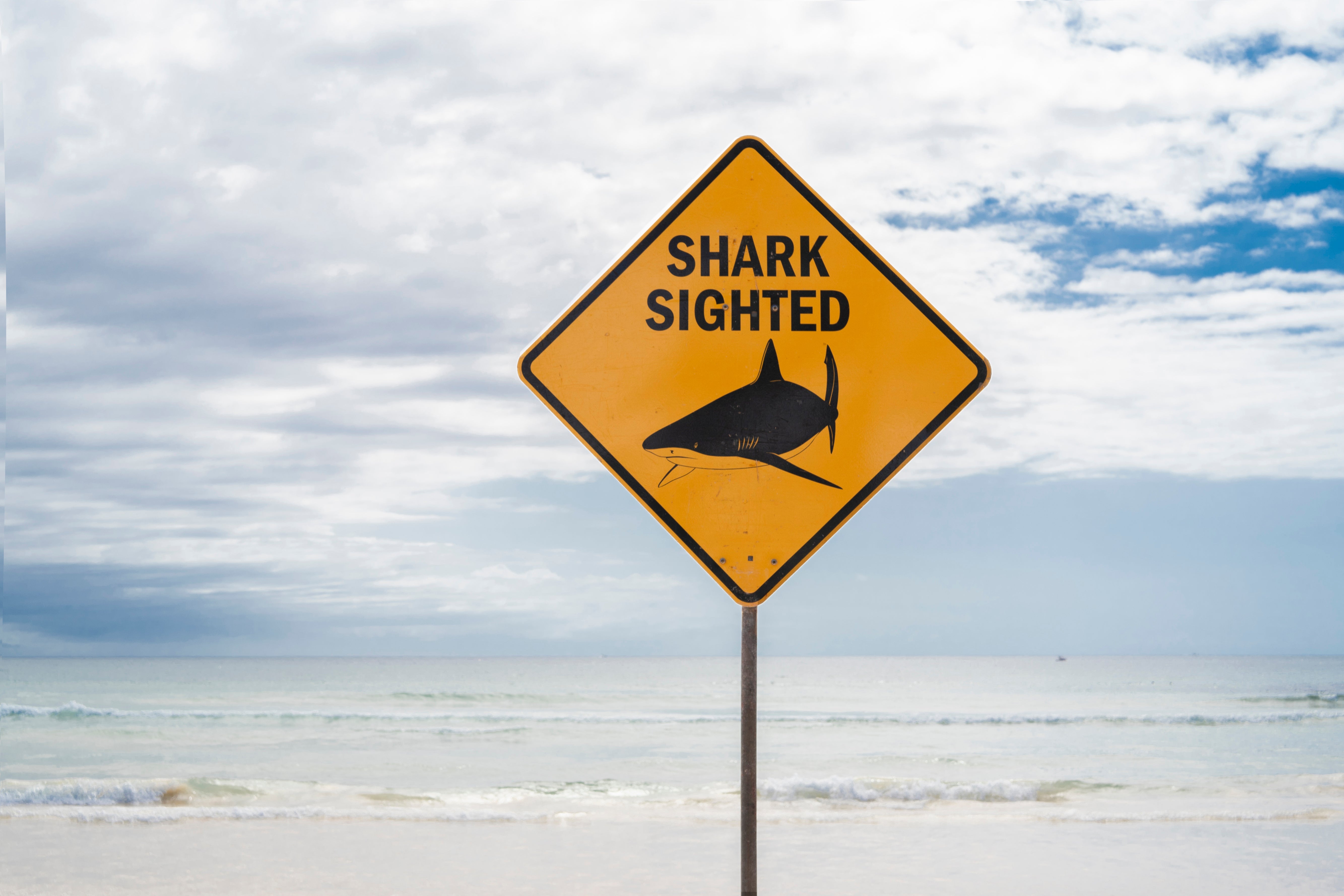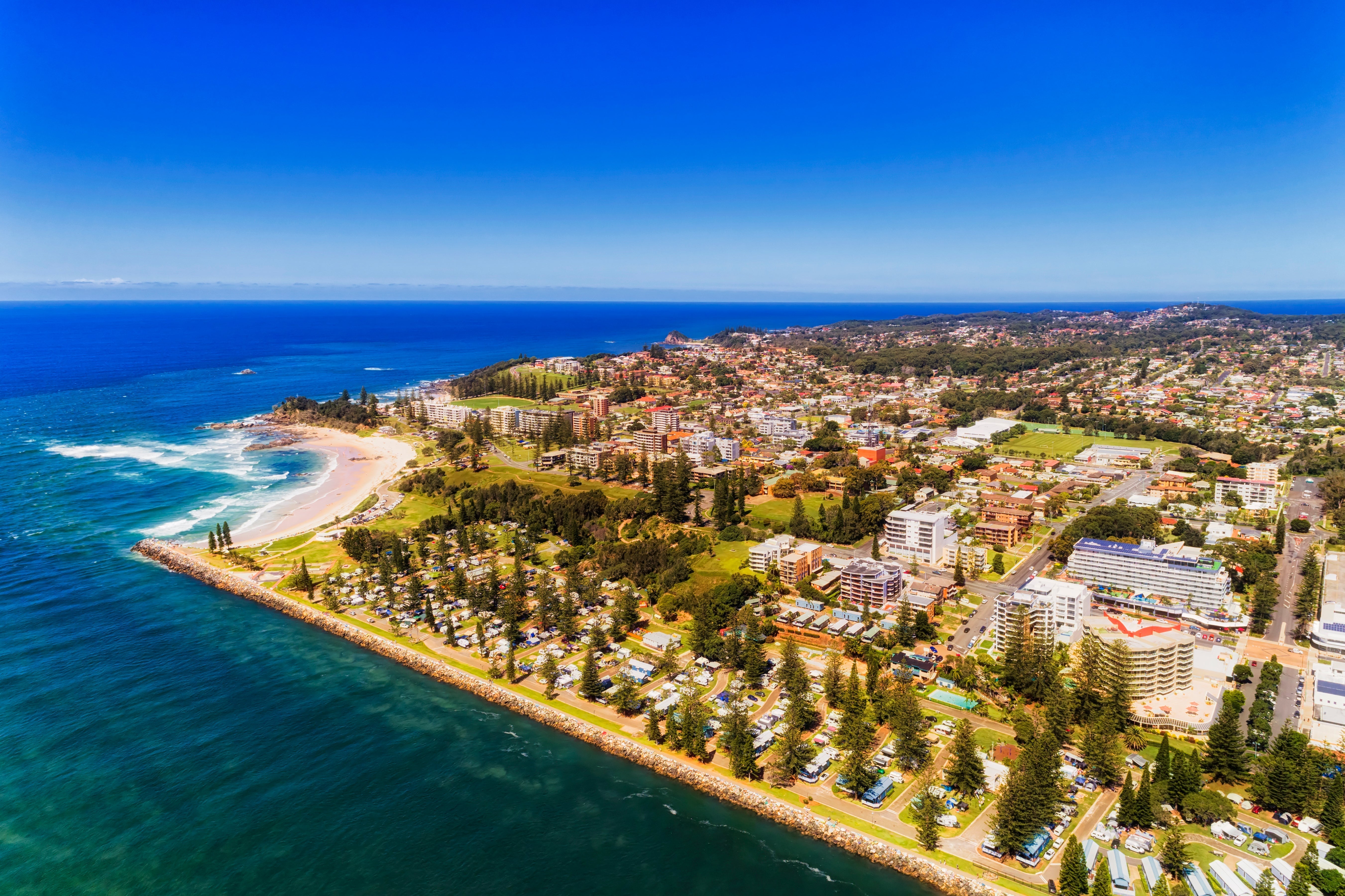Circumnavigating Australia in your own car. That would be something, wouldn't it? Untouched desert, wild animals, turquoise sea and white sandy beaches - simply endless expanses. That just sounds like the most beautiful dream. That's exactly why it attracts many Australians and travelers alike on the road trip of a lifetime every year. Some may think to themselves, where do I start planning? Which direction do I drive in first? How much time do I need at least? All very valid questions that I also asked myself before my trip to Australia. In this episode, I would like to answer these questions, as well as many others, to give you an overview of the topic.

Where do I start?
Yes, that's what I'm asking myself right now, because this topic is really so comprehensive that I could certainly write a whole book about it. But today I want to start with the basics before we go into more detail in further posts.
So, if you don't have a car yet, I would recommend that you start in a city like Brisbane, for example, because the chances of finding the right car are higher there. It could just as well be Cairns, Sydney, Melbourne or Perth. You can read about what you should look out for when buying a car here (link to the car buying episode).
First of all, perhaps a few general facts about the climate and travel time. Simply put, in summer (December to February) it is very hot in the north, e.g. in Cairns, and the climate is very humid, as it is also the rainy season. So if you have the opportunity and are not so keen on tropical weather, travel to the north in winter (June to August). The situation is different in Melbourne, i.e. in the far south. The summers here are also warm to hot, but the winters are very cold and rainy by Australian standards. Yes, and everything in between is somewhere in the middle... No, joking aside, I've been living on the Sunshine Coast for more than 2 months now and apart from a few rainy days, winter here is really beautiful. It cools down a bit in the mornings and evenings, sometimes to below 10 degrees, but as soon as the sun comes out, the temperatures easily reach 23 degrees and it feels like summer again.
Once around Down Under
Maybe I'll just tell you a bit about how we did it almost 5 years ago. We landed in Brisbane back then, organized an Airbnb for the first 4 weeks so that we could arrive in peace and take care of the first necessary to-do's (you can find out what these are in this post (link)). Once all that was done, we went looking for a car. I don't know how it happened, but we were very lucky to find the perfect VW T4, already converted into a camper. Once everything was stowed in the van, we headed north to Rainbow Beach, from where we took the ferry to K'Gari (Fraser Island). As we didn't have a four-wheel drive vehicle, we booked a 2-day tour, which was just the right thing to start with. The world's largest sand island has so much to offer and so I recommend everyone to take this trip.
After the K'Gari tour, we headed down the coast. On the Sunshine Coast, we stopped for a few days in Noosa, Coolum Beach and Mooloolaba. The national park in Noosa is definitely worth a visit. After passing Brisbane, we stopped on the Gold Coast. The region around Surfers Paradise is too crowded for my taste and is more like a big city. The smaller districts such as Coolangatta or Currumbin, on the other hand, are also very lively, but it feels much more like a smaller "surf town". The next big milestone was Byron Bay. What was known as a hippie village a few decades ago now attracts all kinds of people. Backpackers, Australians and even actors like Brad Pitt love this place. Even though it is becoming more and more crowded, there is something special about this place and there is never anything wrong with a walk to the easternmost point of Australia, the Byron Bay Lighthouse. From Byron we continued on to Sydney, where we spent New Year. The fireworks display was definitely the biggest and most elaborate I have ever seen and the one in front of the Opera House and Harbour Bridge looked really beautiful. After Sydney, we moved on to Jervis Bay in the town of Huskisson, where we worked in a restaurant for three weeks. After we'd had enough of that, we made a few stops in Canberra and Narooma on our way to Melbourne. On the way there, we had to take a long detour through the interior because the bushfires were so devastating in the summer of 2019/2020 and large areas of the country were closed. Fortunately, this doesn't happen every summer. From Melbourne, we then took the Great Ocean Road to Adelaide. This route is around 300 kilometers long and offers beautiful views, many small towns along the coast, waterfalls and good waves for surfing. Since Melbourne, we have also been traveling with another German couple, Vicky and Raphael, who we met on the Gold Coast and are still good friends today. Just our neighbors. Together with 2 vans, we set off from Adelaide into the Australian outback in the direction of Uluru. We had planned this trip together, looked exactly where we could refuel and where we would camp. Both sunrise and sunset in front of the huge mountain were truly unique and I would love to do it again. After the outback trip, we had had enough of the red desert and really longed for the beach, sea and waves. We drove almost the same way back out of the outback, except that at some point we turned right to continue west. Unfortunately, we didn't know that the south coast is also red desert pretty much everywhere apart from the sea, but that was just a fun realization we had. Ahead of us lay the Nullarbor Plain, also known as the "90 Mile Straight". As the name suggests, this stretch of highway goes 90 miles straight. I didn't know there were camels here, but unfortunately we only saw dead ones at the side of the road. After what felt like an endless drive, we eventually reached the border with Western Australia and after not too long (still more than 900 kilometers) the beautiful town of Esperance. Perfect waves for learning, not much hustle and bustle and beautiful nature and national parks awaited us here. We continued via Albany, Denmark and Margaret River to Perth, where we parted ways with our friends. In the meantime, the coronavirus pandemic had begun and all travelers were advised to fly home. In hindsight, I'm glad we stayed longer. From Perth, we continued north. By now it was mid-March, the height of summer was over, but it was still quite warm. We had already picked out a few stops in Perth for the west coast. In my opinion, the must-sees were definitely the Pinnacles Desert, Kalbarri National Park, Monkey Mia and Shark Bay. One of my absolute highlights was snorkeling with whale sharks in Exmouth. I will never forget that moment when this huge but so relaxed creature swam beneath me. I don't think I've ever felt so small. Simply breathtaking. In Exmouth I also had one of the hottest nights ever and yes, I mean the temperature... At a fluffy 33 degrees at night I slept exactly zero seconds. Nevertheless, it was very nice. In Exmouth, we found out on a Sunday that all the borders of the various states would close on Wednesday night and you could only enter the country if you went into a 2-week quarantine. As we wanted to avoid this and were generally longing for the East Coast again, we had no alternative but to get behind the wheel and set off. I think it was also the most exhausting drive ever. We finally reached the Queensland border on Wednesday evening at 6 pm after almost 3,500 kilometers and 5 hours of sleep. On Thursday we arrived in Townsville on the coast, meaning we crossed the whole country in 5 days in a 1994 VW T4. In Townsville we had to recover before we traveled south again to the east coast and ended up in a really small place called Agnes Water, where we ended up living for almost 2 months.
Wrap Up
So that was my first lap around Australia. The net travel time, i.e. the time we actually traveled (not including work and the 2 months in Agnes Water), was about 4 months. Of course, the whole thing can be done faster and you can also take much longer.
You might be wondering why I said earlier that I longed for the east coast... That's by no means to say that I didn't like the west coast. On the contrary, the west coast is stunning and I definitely want to travel it again, but this time with my 4wd. I think back then I was just longing for some more beginner-friendly surf spots, that's all! Comparing the east and west coasts, I would definitely say that the west coast has a bit more of an adventure vibe, simply because it's much less populated, you drive endlessly through the outback without meeting a soul and a lot of the land is simply untouched. This is also the case on the east coast, but less so.
If you ask me which I liked better, I would hate to favor one side over the other. Simply put, it's like looking at two different countries.
What I can give you, however, are 2 app recommendations. One is called "WikiCamps", costs a few euros, but shows you lots of camping and free camping sites throughout Australia, as well as hostels, water stations and all the attractions. The other is simply a fuel app where you can compare the prices at gas stations. I currently use "Petrol Spy".

I hope that firstly, you're now even more excited about your trip to Australia and secondly, that you can see that you can basically just pick a starting point, pay a little attention to the climate and weather conditions and then drive to your first desired destination. Oh, and what the Aussies say, "safe travels, don't drive at night and don't drink and drive".
Cheers
Your Jesko
BOXIO COOK | Camping gas stove
